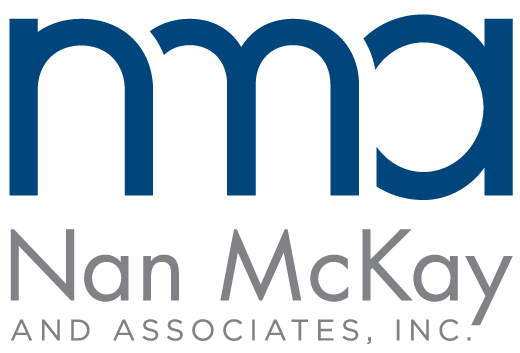Rental Assistance Demonstration (RAD) Q&A
 Last week NMA hosted an “Ask the Experts” call with Greg Klaas and Zach Sloven from Signet Partners in Denver on the RAD program. NMA and Signet are partnering on this important initiative to offer housing agencies a full package of services around RAD.
Last week NMA hosted an “Ask the Experts” call with Greg Klaas and Zach Sloven from Signet Partners in Denver on the RAD program. NMA and Signet are partnering on this important initiative to offer housing agencies a full package of services around RAD.
The Rental Assistance Demonstration Program — or RAD — is a pilot that allows housing agencies to “swap” traditional operating and capital grant funding for public housing to project-based rental assistance or project-based vouchers. Although additional funding is not available under the demonstration program, the way the subsidy is made available will make the program more interesting to potential lenders.
During our call on April 25th, we had about 30 callers from around the country who are interested in the RAD program. Greg Klaas provided a summary of the RAD program and discussed a few of the important points that will be necessary to consider should an agency apply during the demonstration program. We received a number of queries during the call and also emailed to me before, during and after the call.
Although there are too many questions to include them all here, I’ve provided a Q&A below that captures some of the most-often asked questions about RAD. We will be scheduling additional calls on this important program, and encourage you to check back on our blog and website for information regarding the dates and numbers for future calls.
Question 1: If there is no additional funding available to make loan payments, why bother applying for RAD?
Before deciding not to apply, it's important to complete the pro forma included in the application. This exercise will identify the revenue, expenses and likely resources needed to make renovations at your property. Project-based assistance or project-based vouchers provide a more flexible source of funds to be used for loan payments.
Question 2: Under RAD, would a PHA begin to report to the multifamily office at HUD?
If a PHA is approved under RAD and uses project-based rental assistance, they would be “moved” for reporting purposes to the office of multifamily housing at HUD; if they use project-based vouchers, they would continue to work with the PIH office at HUD.
Question 3: Under the RAD program, the contract terms will be between 15 and 20 years. If an HA decides to sell the RAD project site in the future, does the PBV remain with the project and/or is the subsidy transferable?
Although not specifically covered in the proposed notice, projects with loans and subsidy in place are routinely transferred at the time of a change in ownership.
Question 4: Does the current Physical Needs Assessment that an HA may have meet the criteria under RAD for a Property Condition Assessment as outlined in the proposed notice?
No, currently a PNA does not include the energy efficiency criteria (or green initiatives) that are a part of RAD. The current PNA would be helpful in identifying the needs of the project site for the application phase of RAD. If the HA is selected into the program, then at that point a GPCA would be needed.
Question 5: Will supportive services grants such as FSS or PH ROSS be transferable (converted to S8 FSS/ROSS) to the PBV units or will these grants be terminated through this transition process?
This situation is not included in the proposed notice, so it would be best to check if RAD would require forfeiture of these grants with the office most familiar with the funding.
Question 6: Is there a minimum number of units required to apply under RAD?
No, there is not a minimum number of units required to make a RAD application. However, if an HA finds that it will need other funding resources once selected for RAD and applies for additional funding through loans or four percent tax credits, it's likely that a minimum unit count would be necessary, because of the time and expense involved in these funding processes.
With over 30 years of experience in the affordable housing industry, VP of Professional Services Carrol Vaughan ensures that NMA continues to help PHAs better serve their communities.
Please check back for additional information and Q&A on RAD. We will provide blog posts as more information is forthcoming and will be scheduling additional calls in future months.
To learn more about how NMA can help with RAD applications, visit our website.




